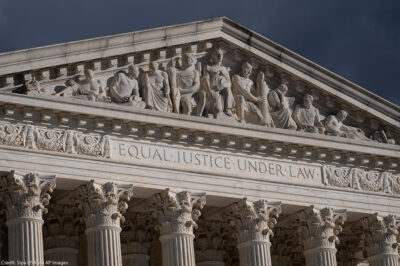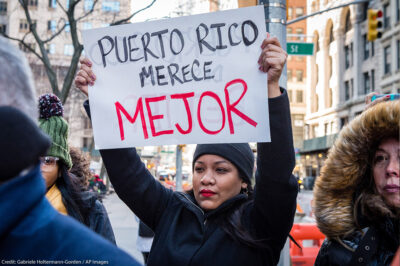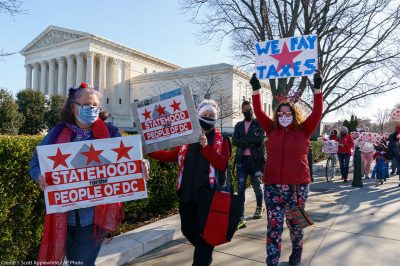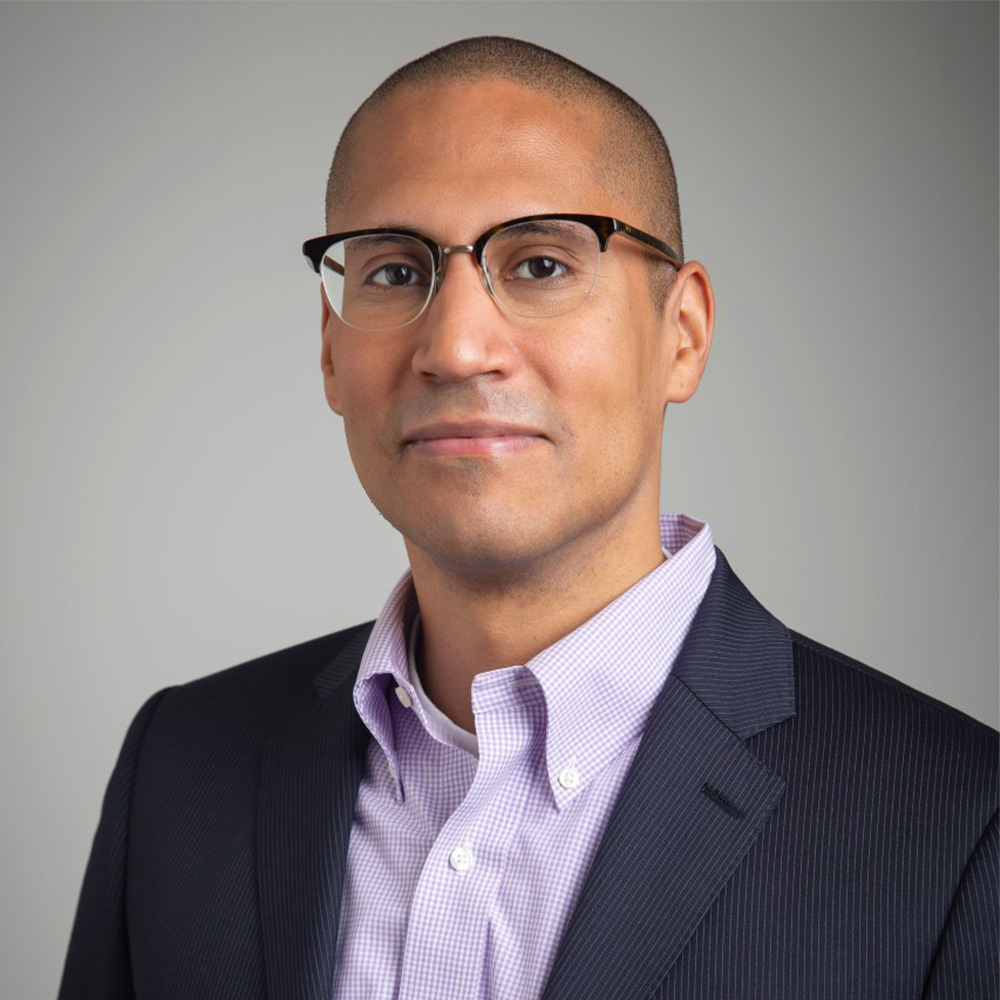Bio
Adriel I. Cepeda Derieux is Deputy Director for the ACLU’s Voting Rights Project, where he plans, manages, and helps direct the ACLU’s national voting rights litigation efforts and strategy.
Adriel litigates voting rights cases nationwide, including challenges to racially discriminatory or dilutive redistricting and barriers to voting. He has led and worked on cases challenging discriminatory or otherwise unlawful voting laws and practices in Arkansas, Florida, Indiana, Kentucky, Missouri, New York, Pennsylvania, Puerto Rico, South Carolina, Texas, and Wisconsin, among others.
Adriel was instrumental in achieving victories at trial and at the U.S. Supreme Court in Department of Commerce v. New York and Trump v. New York—landmark cases that successfully blocked attempts to exclude or “undercount” noncitizens from the Census used to apportion Congress.
Adriel is currently ACLU’s lead counsel and Supreme Court counsel of record in South Carolina NAACP v. Alexander, a challenge to South Carolina’s congressional and state House maps. He leads ACLU’s work in New York Communities for Change v. Nassau County, which challenges Nassau County’s racially dilutive legislative map—the first such challenge to a districting scheme brought under New York’s Voting Rights Act. And he also litigates Arkansas State Conference NAACP v. Arkansas Board of Apportionment, a case challenging a redistricting plan for Arkansas’s House of Representatives, which dilutes the voting strength of Black Arkansans.
Adriel’s work also involves challenges to suppressive voting practices in various jurisdictions. He is lead counsel in Hispanic Federation v. Byrd, a challenge to Florida’s S.B.7050 law, which excludes all noncitizens, including lawful permanent residents, from registering eligible voters. And he directs the Project’s work in OCA-Greater Houston v. Nelson/La Union del Pueblo Entero v. Abbott, a challenge to several provisions of Texas’s S.B.1 bill that make it more difficult for members of voting-rights organizations to vote—especially those with disabilities and those who speak languages other than English.
Adriel also led or co-led litigation in the run-up to the 2020 elections that eased voting restrictions for hundreds of thousands of voters in Kentucky, Puerto Rico, South Carolina, and Texas. In Hotze v. Hollins, he successfully represented voting rights organizations and their members against efforts to invalidate nearly 127,000 votes cast in November 2020 via drive-thru voting in Harris County, Texas, the third largest county in the country.
Adriel is a frequent commentator and author on voting rights issues, and has been published in journals including the Yale Law & Policy Review and the Rutgers University Law Review. He has appeared on television programs including All In with Chris Hayes. He also previously served as an adjunct lecturer in law at Columbia Law School, from December 2020 to August 2023.
Adriel is a leading advocate on issues related to the undemocratic problems concerning non-state jurisdictions like Washington D.C. and U.S. territories. He has testified before the U.S. Commission on Civil Rights on these issues and written opinion pieces on Washington D.C. statehood for the Wall Street Journal. His commentary on the rights of the residents of U.S. territories has been published in law reviews including the Yale Law Journal Forum, the Columbia Human Rights Law Review, and the Suffolk Law Review. He is counsel of record on briefs the ACLU has filed at the Supreme Court in cases involving the Constitution’s application in U.S. territories, including Financial Oversight & Management Board for Puerto Rico v. Aurelius and United States v. Vaello Madero.
Before joining the ACLU, Adriel was litigation counsel at Wilmer Cutler Pickering Hale & Dorr LLP. He was also a judicial law clerk, first, to Judge Juan R. Torruella, U.S. Court of Appeals for the First Circuit, and then to Judge Theodore A. McKee, U.S. Court of Appeals for the Third Circuit. He is a graduate of Columbia Law School and Williams College.
Featured work

Feb 10, 2022
The Most Racist Supreme Court Cases You’ve Probably Never Heard Of

Nov 9, 2021
Congress Can't Discriminate Against Puerto Rico Residents Just Because They Live There

Jun 22, 2021
D.C. Statehood is Constitutional. Robert Kennedy Never Said Otherwise.

May 22, 2020
“Nationals” but not “Citizens”: How the U.S. Denies Citizenship to American Samoans

